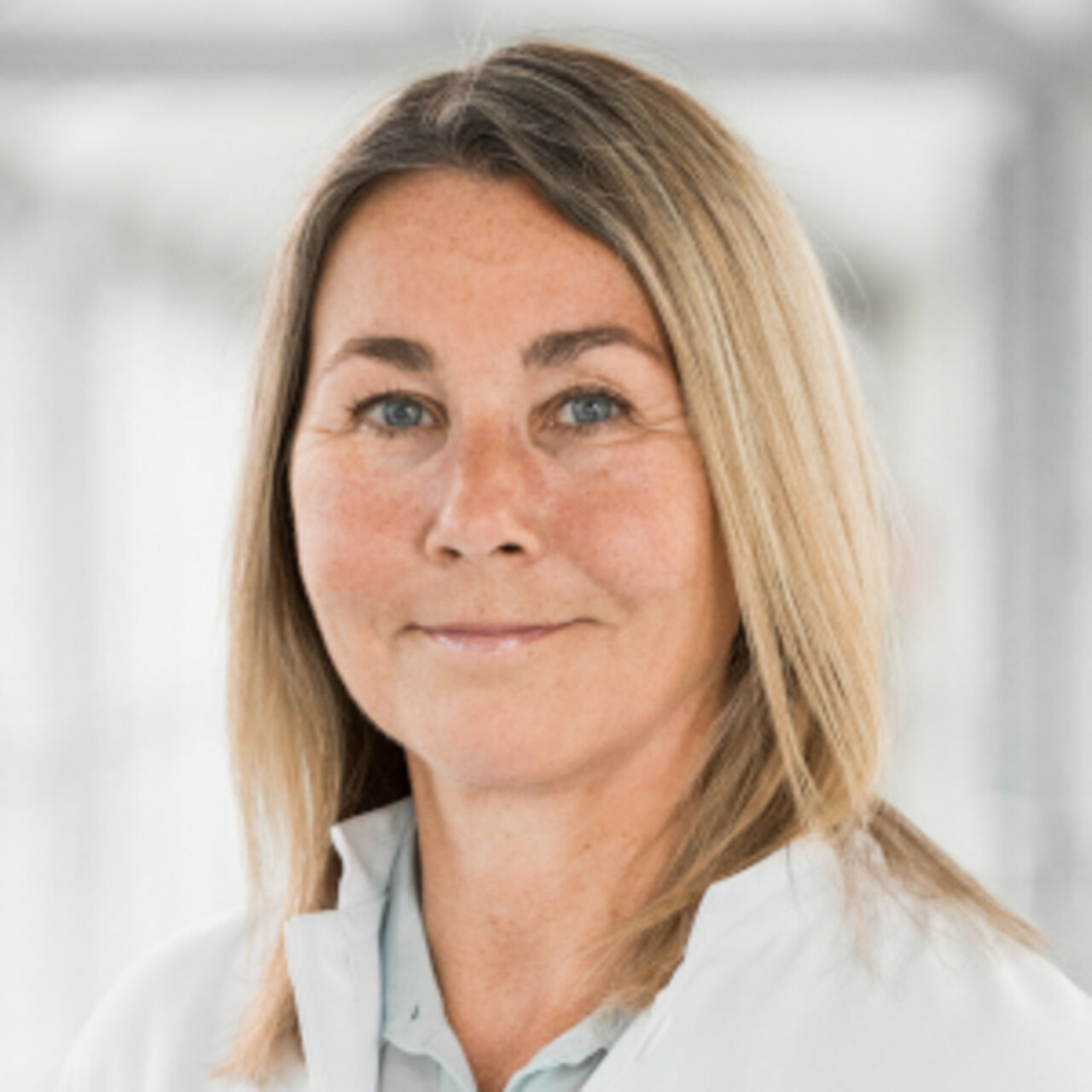Specialists in Thyroid cancer
8 Specialists found
Information About the Field of Thyroid cancer
What Is Thyroid Cancer?
Thyroid cancer is a malignant degeneration of gland cells of the thyroid. A distinction is made between differentiated carcinomas, medullary carcinomas, and undifferentiated thyroid tumors. The distinction has a decisive impact on therapy and chances of cure. Thyroid surgery and radioiodine therapy play an important role in the treatment of thyroid carcinoma.
Frequency of Thyroid Cancer
According to estimates by the Robert Koch Institute, 7300 people in Germany are newly diagnosed with thyroid cancer every year, which makes this type of tumor one of the rarer ones. But, there is a substantial regional difference in the incidence of thyroid cancer. In recent years, the number of discovered thyroid tumors has even increased, which is attributed to improved diagnostic possibilities.
Causes of Thyroid Tumors
In general, thyroid cancer usually occurs spontaneously. Previous irradiation of the neck region is known to be a risk factor. Thyroid tumors, like most carcinomas, are graded according to the "TNM classification," which is of particular surgical significance. The classification in detail:
T - Size of the primary tumor
N - Infestation of the surrounding lymph nodes
M – Distant metastases.
Especially, the extension to the nearby lymph nodes is an important prognosis factor for the chances of recovery and future risk of relapse for the patient. Long-term survival seems to be less affected by lymph node metastases; the type of tumor is the more decisive factor here.
There are also familial tumor types in thyroid cancer. For example, about 30% of patients with medullary carcinoma are hereditary. Other hereditary diseases, such as the MEN 2 syndrome, can also cause thyroid cancer.
Symptoms of Thyroid Cancer
- Fatigue, exhaustion
- Feeling of pressure in the neck area
- Swallowing difficulties
- Lymph node enlargement in the neck region
- Hoarseness
- Rapid thyroid enlargement
Diagnosis: How Is Thyroid Cancer Detected?
The diagnosis of thyroid diseases and thyroid cancer results from
- Medical history (detailed, targeted patient interview),
- Physical examination (palpation of the gland, symmetry, movability, etc.),
- Laboratory tests (clarifies thyroid function, TSH, partly with free thyroid hormone T3 and T4, thyroid antibodies),
- Imaging (ultrasound, thyroid scintigraphy),
- Fine needle biopsy (tissue removal) and additionally
- Vocal fold function (test of vocal fold innervation, as the supplying nerve passes directly through the thyroid gland and can be damaged in case of steady growth or a possibly upcoming surgery)
Therapy: How Is Thyroid Cancer Treated?
The therapeutic strategy in the case of thyroid carcinoma depends strongly on the stage and type of tumor.
Thyroid Surgery
The basic principle in surgical therapy, as in other tumor diseases, is the complete resection of the malignant tissue, including the affected lymph nodes. Depending on the tumor size, partial resection of the thyroid may be sufficient. Still, in the case of larger cancerous growths, complete removal of the thyroid (thyroidectomy) cannot be prevented.
Radioiodine Therapy
Adjuvant radioiodine therapy is essential in advanced tumor stages, where the patient is treated with radioactive iodine after surgical removal. Since iodine is only stored in the thyroid, the tumor cells can be attacked very precisely with this method without too much collateral damage.
Radiotherapy And Chemotherapy
Depending on the stage of the tumor, the associated lymph nodes are also removed during the surgery. Besides, there is also the possibility of supplementary radiation (rather in advanced stages or aggressive tumor forms such as anaplastic thyroid carcinoma). Chemotherapy or certain drugs that influence thyroid hormone production can be used in advanced, but non-operable thyroid cancer.
Prognosis And Chances of Curing Thyroid Cancer
For most thyroid tumors, there are good chances of healing if detected early. After removal of the thyroid, the body's thyroid hormone production is not provided anymore but can be taken very well with medication. Regular blood checks are strongly recommended. Aftercare should initially be continuously monitored and will have longer intervals increasingly in the process.
Sources:
- Chirurgie, Siewert/Stein, Springer-Verlag, 9. Auflage
- www.krebsgesellschaft.de/basis-informationen-krebs/krebsarten/schilddruesenkrebs.html
- www.tk.de/tk/krankheiten-s/schilddruesenerkrankungen/schilddruesenkrebs/30740
- Krebs der Schilddrüse, Deutsche Krebshilfe, DKG Krebsgesellschaft, Die blauen Ratgeber








